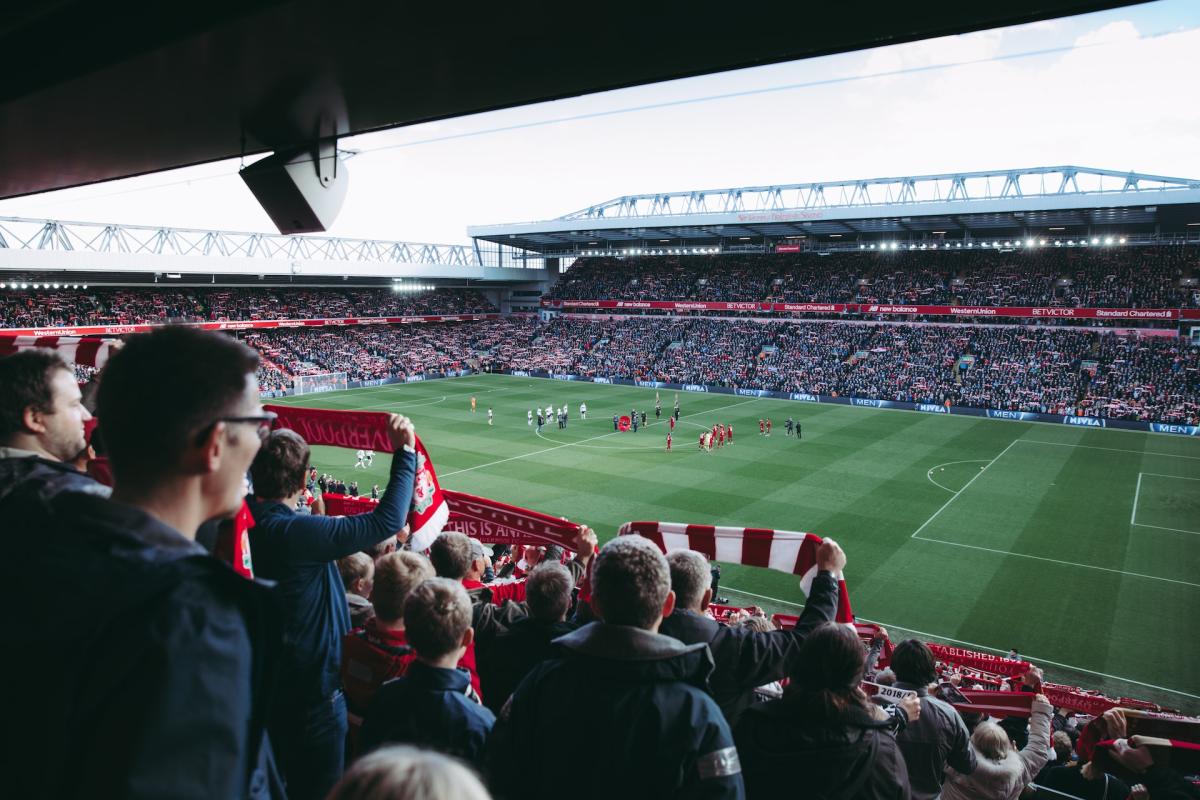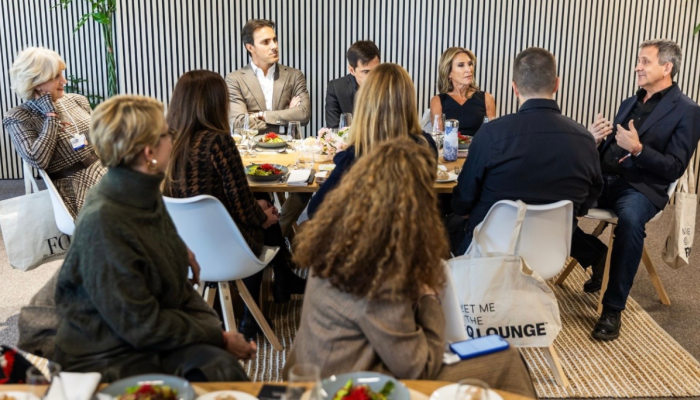Back in September those of us based in the UK received the alarming news that energy prices in the country could soar by up to 80% this winter. That same month, it was revealed that Premier League clubs had spent nearly $2bn on transfer fees across the summer window.
With outside investment continuing to flow readily into English football, such wanton spending suggests that, for now, those clubs consider themselves insulated from the impact of soaring costs.
Yet, the jarring juxtaposition of the two stories demanded pause for thought as to how the football industry might approach the cost-of-living crisis in the UK. The government’s freeze on energy bills will alleviate some of its impact, but several households face a situation where 30% of their entire budget is going to be spent on gas and electricity. A separate report from The Resolution Foundation predicts that the poorest fifth of UK households will have to cut back 24% of their non-essential spending to afford the increase in energy bills in January-March 2023.
In the context of football, that means less money dedicated to watching and playing. From both an ethical and business perspective, then, it’s an issue demanding attention. Can stakeholders mobilise their resources to provide genuine support for the lifeblood of the game, its fans?
We saw the positive influence the game can have during the pandemic, with stadium’s repurposed into accommodation for NHS staff and players delivering shopping for the elderly. And we saw it again last month. With fixtures cancelled nationwide after the death of Queen Elizabeth II, clubs redistributed unused food to local food banks and staff were reimbursed wages for crucial lost hours of work.
So, as we approach a period that will be defined by high energy prices and inflation, a repeat of that same spirit would be most welcome. One noticeable shift during the early months of Covid-19 was how organisations pivoted the tone of their communications. The gravity of the situation we found ourselves in necessitated that regular output be suspended, replaced instead with messaging that was informative and educational.
As people confront a pinch on budgets, many of those principles apply today. Clubs may want to reconsider excessively pushing products. In recent years, teams have released as many as five kits in one season. Yet, in the current climate, such a tone-deaf approach will no doubt alienate fans. Whilst the decision predated the cost-of-living crisis, Brentford and Hull City are leading the way in this regard, deploying a two-year lifecycle for their home kits.
Ticket prices are another contentious topic and, as Fulham found out earlier this year, in the current financial climate match-going supporters are unlikely to tolerate being treated as a bottomless pot of revenue.
With clubs battling with rising costs and revenue shortfalls, the temptation will be to pass that burden on to its supporters. More radical, though, would be to shift the emphasis away from monetising fans, instead concentrating efforts on how they can increase affordability. Price freezes, concessions for children and over-65’s, or working with travel partners to provide subsidised transport for long-distance fixtures are just some of the ways clubs could look to ease financial pressures. Trainline’s recent ‘Tenner Off Matchday Travel’ campaign, launched by Lioness star Beth Mead, is a great example of how that looks in reality.
And that applies to the wider community. The cost-of-living crisis is likely to have a severe impact on local businesses, providing an opportunity for clubs to offer much-needed solidarity, as we saw with Chelsea and Arsenal last year. The former’s Proud of London initiative offered small businesses in London free digital advertising space for the second half of the 2020/2021 season. Arsenal, meanwhile, boosted the profile of several North London businesses through its Supporting Supporters campaign, with promotional content shared on the club’s social channels encouraging people to visit a range of local shops.
There’s a role for partners to play, too. Grassroots football, specifically, has been identified as a problem area, with Utilita’s Price 2 Play report finding that the cost-of-living is one of the main barriers preventing kids from playing currently. On top of dwindling participation rates, there are fears that as many as 2,600 clubs could fold under the weight of crippling costs.
Yet, through its partnership with the EFL and multiple clubs across the UK, Utilita is providing solutions. Through its #UtilitaFootball platform, the energy provider is running free-to-attend football festivals for kids and has partnered with foundations to provide educational programmes teaching people and clubs how to reduce their energy wastage. A powerful use of partnership assets that serves an urgent consumer-need and simultaneously generates a huge deal of goodwill for the brand.
Heineken’s ‘Unwasted Beer’ campaign, where surplus beer was turned into biogas that could power 1,000 homes a day and heat a local care home, scooped several awards at the Cannes Lions this year. As a partner of six Premier League teams, could that campaign be recalibrated to make a meaningful difference to people in the local area of those clubs?
Other problems exist. The use of food banks across the UK is rising rapidly – fertile ground for grocery-delivery sponsors such as Getir and Zapp to work with its partner clubs to ensure unused stock is not wasted, instead redirected to the homes of those supporters most at risk.
Financial literacy is another potential touchpoint. With consumer mindsets shifting towards saving money, what better time than for banking partners to engage audiences around their own digital banking solutions that might help them navigate the worst of the crisis? The latest iteration of NatWest’s Tomorrow Begins Today campaign provides some inspiration.
In a month where Patagonia has committed all its future profits towards protecting the planet, let that be a positive provocation for brands in football who claim to have purpose at their core. Business-as-usual campaigns from sponsors are not likely to cut through. Fan-first marketing efforts certainly will.
The great Jock Stein once said that football without fans is nothing. Now is the perfect chance for stakeholders across the game to ensure that their actions live up to those words.



